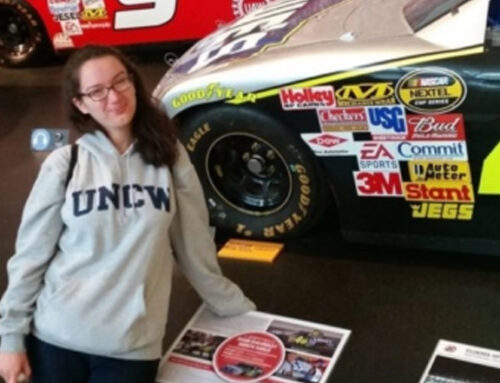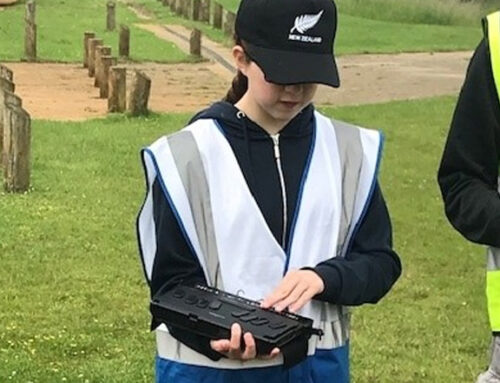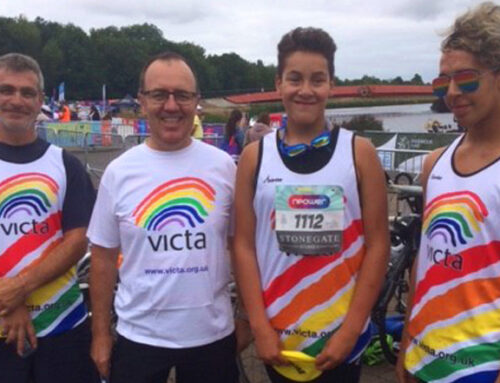by Archard Yabsley
My name is Archard Yabsley, I am 17, have a visual impairment and I play rugby; a sport that at first glance may appear as far from appropriate for the partially sighted as is possible. However after five years of playing, I have no doubt that Rugby is one of the most suitable and accessible sports for children and adults with sight difficulties.
The advantage that rugby union has over other sports is its variety of positions and responsibilities. Take a look at any rugby team, right from the grassroots up to the internationals, you’ll find a plethora of body types, abilities, strengths and weaknesses. If we can comprehend 5’6ft Shane Williams playing against 6’11ft Devin Toner then why would someone with less vision be any more exempt from playing? To illustrate that playing rugby is perfectly feasible for anyone with a visual impairment, I would like to use my own story.
Being visually impaired hinders certain aspects of my performance, predominantly catching. Firstly, I therefore aim to place myself in positions whereby catching is not a necessity, and secondly I make up for this weakness by building on my strengths, fitness, technique and aptitude for the game. By working with the excellent coaches at MKRUFC I now play in the 1st team.
Attitude is priceless, for any athlete, in any sport, but usually this takes years to develop. People with physical impairments are generally forced to adapt a good attitude because we experience a level of difficulty every day that many would not understand; dealing with those challenges day in, day out, instils a positive attitude within that many athletes would envy. This powerful mindset can therefore be transferred into any sport, most notably team sports, especially teams with a wide variety of different characters and abilities, for example, rugby.
Rugby is also invaluable for building friendships, something that many people with physical disabilities find hard to do. Being part of a team also allows us to confront our differences in a positive manor. Much of the hostility people with a disability feel from the general public derives from a lack of understanding; the more we interact through teams, the less our disabilities are stigmatised. The club environment also builds a strong sense of belonging, a safe group of friends and responsible adults to look out for you, as well as a set of exemplary role models in the senior players, volunteers and leaders.
Although disabled sport is in some cases necessary, I do not feel that it is a true reflection of ability and I am an advocate for greater integration into regular sports. Rugby, and by extension sport as a whole, is an excellent metaphor for our interactions in life. A player cannot do everything themselves, they must work with the people around them to achieve their individual and collective goals, and as part of life we have to interact with people with disabilities, so why shouldn’t we on the pitch too?
To sum up my discourse, I can’t see any reason why the visually impaired shouldn’t play rugby, and since this is being written for STRIVE, I know you won’t be able to either! So give rugby a try!






